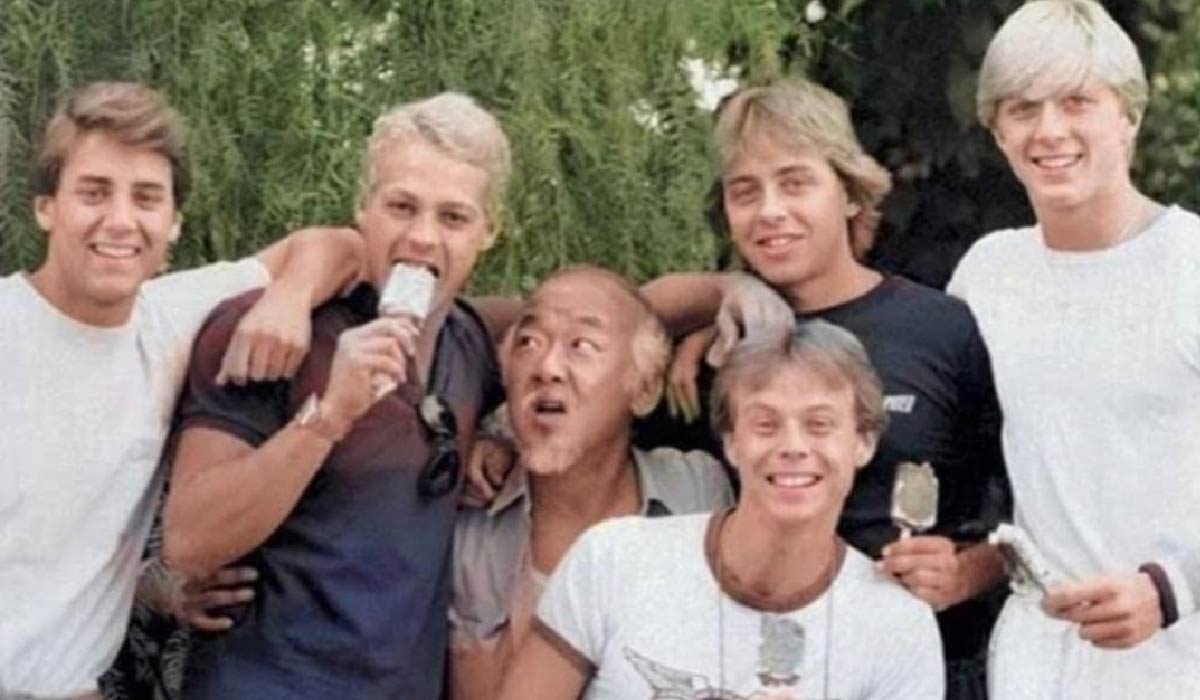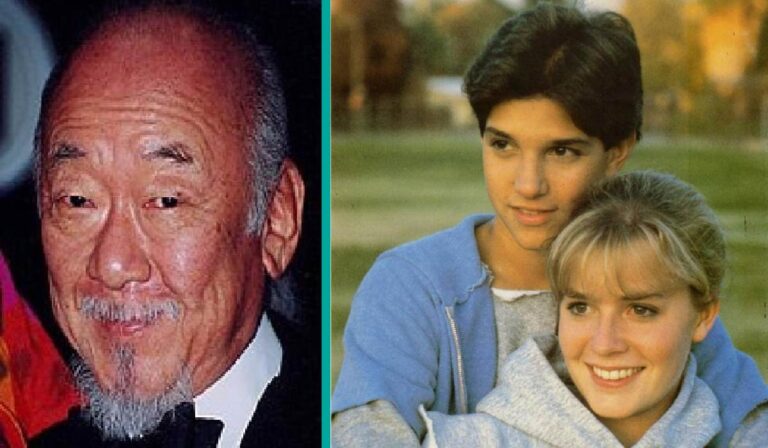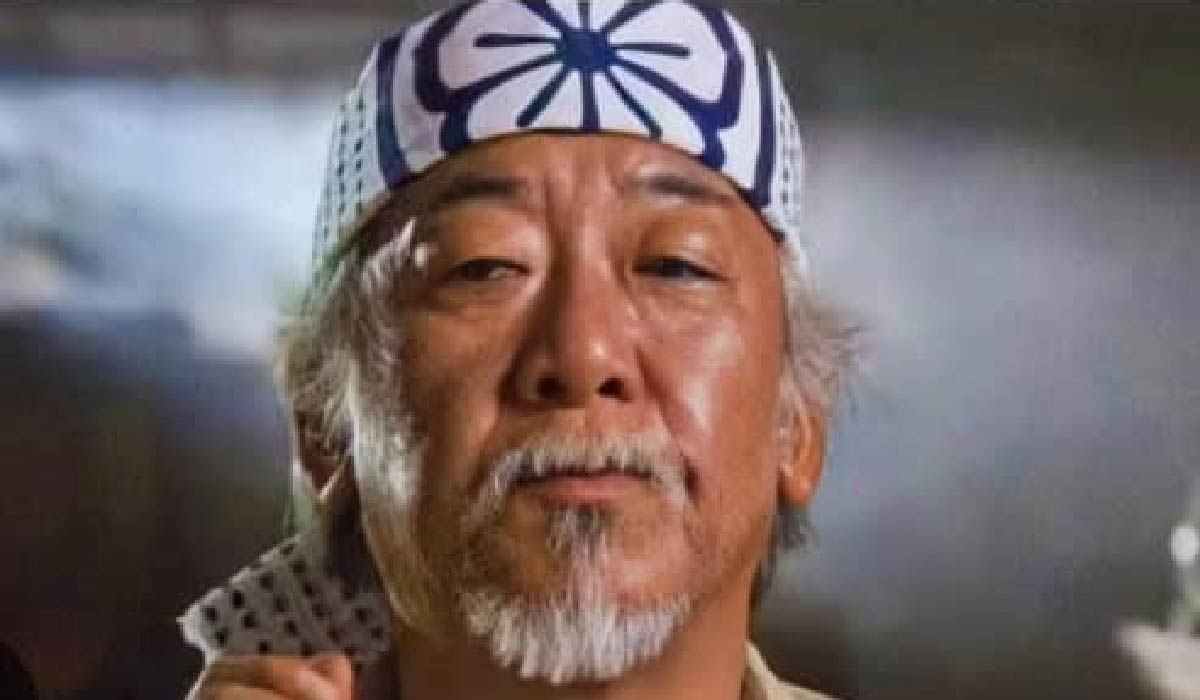Aly Morita is a Japanese-American writer, activist, and cultural voice, best known as the daughter of legendary actor Pat Morita, who portrayed Mr. Miyagi in The Karate Kid series. While her father achieved worldwide fame, Aly chose her own path—building a reputation as a thoughtful storyteller and advocate for racial justice, cultural representation, and historical truth. Through essays, public speaking, and activism, she sheds light on the Asian-American experience, challenges stereotypes, and works to preserve her father’s legacy beyond Hollywood nostalgia. Her life reflects a unique blend of heritage, resilience, and purpose, making her an influential voice today.
Profile Summary: Aly Morita
| Attribute | Details |
|---|---|
| Full Name | Aly Morita |
| Date of Birth | Not publicly disclosed |
| Age (as of 2025) | Estimated late 40s – early 50s |
| Place of Birth | United States |
| Nationality | American |
| Ethnicity | Japanese-American |
| Known For | Writer, activist, and daughter of actor Pat Morita |
| Occupation | Writer, cultural commentator, activist |
| Education | Not publicly available |
| Parents | Pat Morita (Father), Yukiye Kitahara (Mother) |
| Siblings | Erin Morita, Tia Morita |
| Grandparent | Dorothy Sueko Saika |
| Aunts | Gloria Imagire, Peggy Saika |
| Uncles | Teddy Saika, Clarence Saika |
| Marital Status | Not publicly disclosed |
| Children | Unknown |
| Social Media | Low public presence |
| Famous Relative | Pat Morita – “Mr. Miyagi” in The Karate Kid |
Early Life and Family Background
Aly Morita was born into a Japanese-American family deeply shaped by both heritage and Hollywood. She is the daughter of Pat Morita, the iconic actor famous for his role as Mr. Miyagi, and Yukiye Kitahara, his second wife who provided stability and cultural grounding during her husband’s rise to fame. Aly grew up with two sisters—Erin Morita, the eldest, and Tia Morita, the youngest—sharing a bond strengthened by their father’s legacy and their mother’s guidance. Influenced by her grandmother Dorothy Sueko Saika, a World War II internment survivor, and activist relatives like Peggy Saika, Aly’s upbringing blended fame, resilience, and cultural pride.
Parents and Immediate Family
Aly Morita’s parents are Pat Morita, the legendary actor best known as Mr. Miyagi, and Yukiye Kitahara, his second wife. She has two sisters, Erin Morita and Tia Morita, forming a close family rooted in heritage and Hollywood.
Extended Family and Strong Female Role Models

Aly Morita’s extended family includes her grandmother Dorothy Sueko Saika, a Japanese-American internment survivor whose resilience shaped Aly’s awareness, and aunts Peggy Saika, a renowned activist, and Gloria Imagire, an educator—powerful women who inspired Aly’s values, activism, and cultural pride.
Education and Intellectual Roots
Although specific details about Aly Morita’s formal education remain private, her work as a writer and activist reflects a strong intellectual foundation. She demonstrates deep knowledge of literature, history, post-colonial studies, and ethnic identity, often weaving academic insights into her essays and public commentary. Aly’s sharp critiques of racial injustice, Asian-American representation, and cultural erasure suggest that she pursued studies in the humanities or ethnic studies, building a platform for her articulate voice. Her ability to link personal experience with broader social themes highlights not only intellectual depth but also a commitment to cultural education and critical thought.
Writing Career and Creative Work
Aly Morita has built a respected career as a writer, using her voice to explore identity, representation, and cultural truth. She is best known for her impactful essay in HuffPost, “Don’t Thank Me for My Father’s Role in The Karate Kid,” where she challenged the tendency to reduce Pat Morita’s legacy to one character. Her work spans essays, personal narratives, and cultural critiques, often tackling post-colonial themes, racial identity, and Asian-American experiences in media. With a style that blends sharp analysis and personal reflection, Aly uses storytelling to preserve history, dismantle stereotypes, and advocate for authentic cultural representation.



